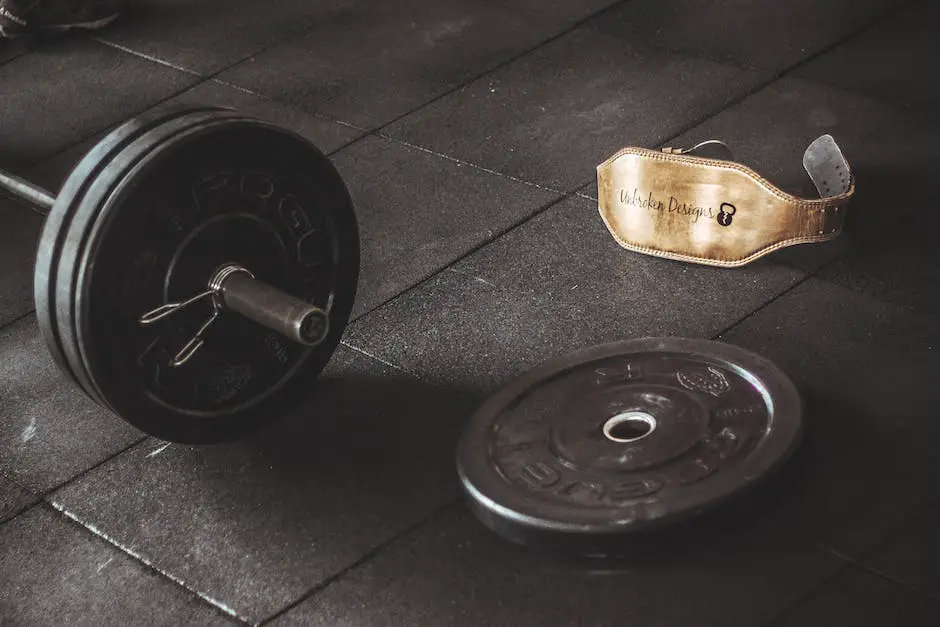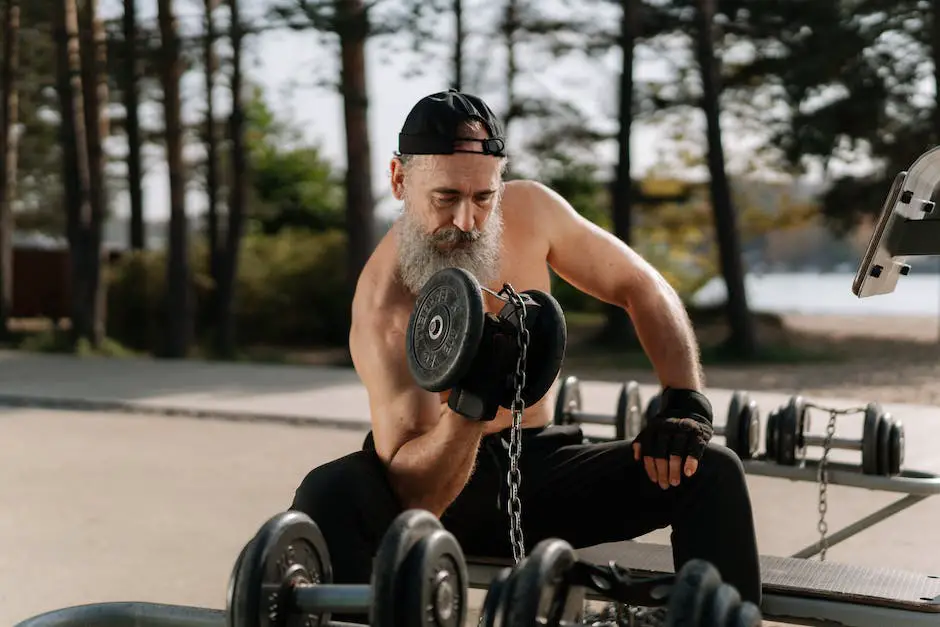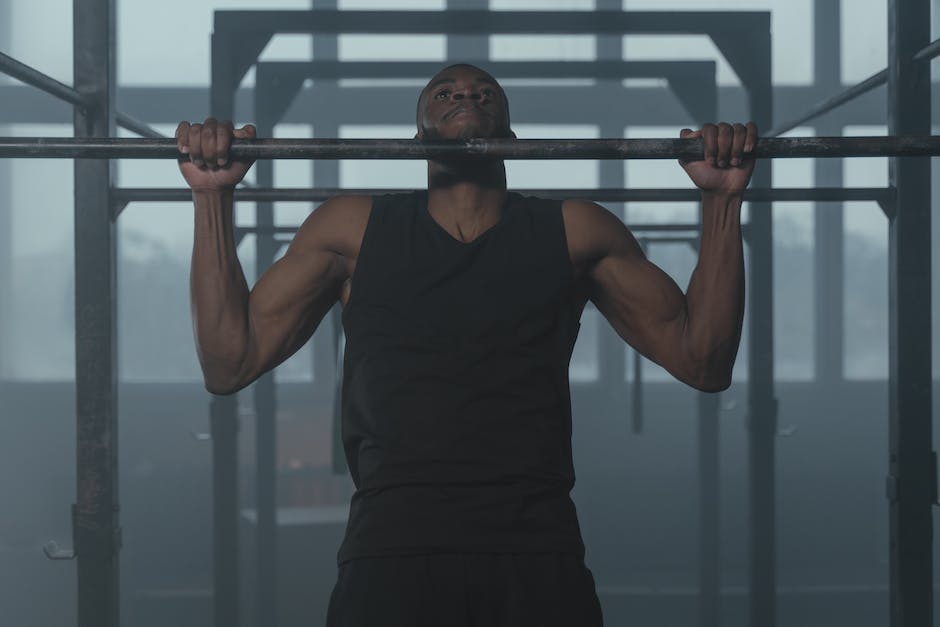The impact of exercise on men’s health spans beyond just the physical. Its reach extends to the mental, emotional, and overall quality of life, making it essential to every man’s daily routine. With the United States currently experiencing a surge in chronic diseases such as heart disease and diabetes, an understanding of the in-depth benefits of regular physical activity becomes incredibly crucial for men. This piece aims to explore the comprehensive benefits of exercise on men’s health, from the physiological benefits to the psychological and emotional impacts. Furthermore, it looks at the role exercise plays in aging and provides practical recommendations for exercise across various age brackets.
Physiological Benefits of Exercise for Men
Physiological Benefits of Exercise for Men
There are numerous physiological benefits of exercise for men, ranging from improved cardiorespiratory fitness to the maintenance of a healthy weight. Exercise aids in metabolic efficiency, ensuring that the body is able to effectively convert food into energy. Regular participation in physical activity can drastically improve men’s overall health and well-being while helping to prevent chronic diseases.
Cardiorespiratory Fitness
Exercise plays a substantial role in cardiorespiratory fitness, which is a measure of the body’s ability to supply oxygen to the muscles during intense physical activity. Regular exercise can enhance the efficiency of the heart and lungs, leading to improved endurance and stamina. This, in turn, can reduce the risk of developing conditions such as heart disease, hypertension, and stroke.
Maintenance of Healthy Weight
Physical activity is pivotal in maintaining a healthy weight and preventing obesity. Exercise helps to burn calories, and when combined with a balanced diet, promotes weight loss or maintenance. Keeping a healthy weight is crucial in staving off various health conditions such as diabetes, heart disease, and certain types of cancer.
Metabolic Efficiency
Physical activity also boosts metabolic efficiency, increasing the rate at which the body burns calories. This increase in metabolic rate continues even when the body is at rest, leading to improved weight management. A faster metabolism can also improve energy levels, making daily tasks more manageable and improving overall quality of life.
Muscular Strength
Exercise, particularly strength training, greatly benefits men’s muscular health. Regular strength training can increase muscle mass and strength, reduce the risk of injury and slow the muscle loss that comes with aging. Enhanced muscle function can contribute to better balance, increased stamina, and improved bone density.
Prevention and Management of Chronic Diseases
There is substantial evidence demonstrating the role of exercise in the prevention and management of diseases such as diabetes, heart disease, and certain types of cancer. Exercise helps to reduce blood pressure, improve cholesterol levels, and increase insulin sensitivity—all factors that can reduce the risk of these health conditions. For those already with such diseases, regular exercise can help to manage symptoms and improve overall health outcomes.
Physical exercise serves as a potent force in maintaining and enhancing men’s health. The benefits that regular physical activity brings are substantial and versatile – promoting a healthy weight range, fortifying muscles, optimizing metabolism, and battling or controlling chronic illnesses. However, it’s of paramount importance to consult with a healthcare provider before initiating a new exercise regime. This will ensure that the selected physical activities are apt and safe given one’s current health condition.

Psychological and Emotional Benefits of Exercise
Exercise and its Connection to Mental Health
Physical activity doesn’t merely boost men’s physical health – it extends to enrich their mental and emotional health too. The underlying mechanism is interesting: physical exertion prompts your body to release endorphins and occasionally, endocannabinoids. These elements serve as your brain’s organic pain relievers and mood enhancers, leaving you in a state of euphoria and relaxation after a workout.
Stress reduction, a key benefit linking exercise with mental health, cannot be overstated. Exercise presents a constructive medium for men to alleviate their stress and manage daily pressures. Notably, cardiovascular exercises are known to lower stress levels by triggering endorphins release, thereby fostering improved sleep – a factor often compromised by stress and worry.
Exercise and Mood Enhancement
Beyond stress relief, regular exercise can boost your mood and serve as a powerful antidepressant. Numerous studies have found a strong link between regular physical activity and prevention of depression symptoms in men. In fact, exercise works by stimulating the brain’s growth of neurons and the connections between them. This neuronal growth results in enhanced emotional function and a better mood.
Exercise and Improved Self-confidence
Moreover, physical activity can have a significant effect on men’s self-confidence and self-esteem. This is because regular exercise can help men improve their body image and perception of their physical self-worth. This effect is not necessarily tied to weight loss or muscle gain but rather to the perception of a healthy and fit body despite physical appearances.
Exercise and Posture
Additionally, regular exercise, especially strength training and stretching, can improve men’s posture. By strengthening and toning the muscles around the spine, physical activity helps in maintaining the correct alignment of the bones and joints, which is the basis for good posture. Furthermore, good posture can also contribute to self-confidence as men who stand tall tend to feel more empowered and in control.
Exercise in Combatting Mental Disorders
Lastly, the benefits of regular physical activity go beyond the prevention of mental health issues. Exercise can also be a supportive therapy for men suffering from mental disorders, such as anxiety and depression. It has been found to alleviate symptoms of these conditions, to increase energy levels, and to help men feel more calm and less anxious. It’s important to note that this does not replace professional help, but it can assist as a part of comprehensive treatment plan.
Significantly, exercise acts as a remarkable contributor to men’s mental health. It aids in stress reduction, mood enhancement, self-confidence boost, and improved posture. Additionally, it alleviates the symptoms of mental disorders, thus serving as a strong tool for preserving and enhancing men’s mental and emotional wellbeing. Nonetheless, to maximize the benefits, it is essential to adopt enjoyable and sustainable exercise regimens, specifically tailored to individual physical conditions.

Exercise, Aging, and Men’s Health
Exercise and The Advantages To Aging Men
Especially for aging men, regular physical activity, and particularly aerobic exercise, offers significant benefits. Research reveals that it can slow down biological aging by up to a decade. This effect is not just limited to extending their lifespan, but also plays a pivotal role in enhancing the quality of life among seniors.
The Role of Exercise in Slowing Aging
Aging involves the gradual decline of the body’s systems and its ability to repair and regenerate. Researchers have found that regular physical exercise can counteract this decline. Exercise promotes the health of the cardiovascular and respiratory systems, enhances the body’s metabolic functions, and supports the health of bones and muscles. Regular physical activity improves overall body composition, reducing the likelihood of obesity and related health challenges.
Exercise and Longevity
Research indicates a direct correlation between regular exercise and longevity in men. A Harvard Alumni Study, for example, found that men who burned at least 2000 calories on a weekly basis through physical activities had a 28% lower overall mortality rate than men who did not engage in such regular physical activity.
Exercise and Cognitive Function
Regular physical exercise does not only promote physical health but also supports cognitive function in older men. Exercise enhances blood flow to the brain, nourishing the growth and function of neurons, the cells responsible for thinking and memory. Studies have shown that regular exercise can decrease the risk of Alzheimer’s disease and slow down the mental decline that comes with age.
Exercise and Independence in Older Men
Maintaining physical strength and balance are critical to independence in older adulthood. Regular resistance training, balance exercises, and cardiorespiratory exercise can all help improve muscle strength and decrease the risk of falls. Men who exercise regularly have been shown to maintain their independence longer, have greater mobility, and require less assistance with daily activities.
Recommendations for Exercise in Older Men
Health professionals recommend that older men engage in a combination of aerobic, resistance, balance, and flexibility exercises for optimum health benefits. These include at least 150 minutes of moderate-intensity aerobic exercise per week, resistance exercises on two or more days a week, and balance exercises. Individual exercise plans should be tailored to accommodate any existing health problems and fitness levels.
It is important to consult a healthcare provider or fitness professional before initiating or significantly changing an exercise program, to ensure safety and effectiveness. It is also crucial to start slow and gradually increase activity levels to reduce the risk of injury. Regular physical activity, along with a balanced and nutritious diet, can greatly increase the health, vitality, and independence of aging men.
The Role of Healthcare Professionals in Promoting Exercise
Healthcare professionals play an important role in promoting exercise among older men. They can provide tailored advice based on medical history, support in creating and maintaining an exercise plan and monitor progress to adjust the plan as needed. Regular primary care visits, combined with ongoing dialogue about exercise, can be an effective tool to promote physical activity and health in aging men.
Understanding The Influence of Regular Exercise on the Health of Aging Men
Observing the influence of physical activity on the health of men – particularly as they age, can allow us as a society to better support the ongoing health and well-being of older men. By advocating for regular exercise through either education or policy reformation, we can make substantial strides towards encouraging healthier aging.

Recommendations for Exercise
The Undeniable Link Between Physical Activity and Men’s Health
The association between regular exercise and various facets of men’s health has been well established by science. Routine physical activity not only enhances cardiovascular health and muscle strength, but it also boosts mood. Additionally, it can potentially lower the risk of certain chronic diseases like diabetes, heart disease, and specific types of cancer.
Exercise Recommendations for Men: Jewels from Research
According to the American Heart Association and the U.S. Department of Health and Human Services, the exercise recommendations for adult men are quite straightforward. They suggest that men should aim for at least 150 minutes of moderate aerobic activity or 75 minutes of vigorous activity each week. This should be supplemented by strength training exercises for all major muscle groups twice a week.
Exercise Intensity and Frequency: Striking the Balance
The intensity and frequency of exercise largely depend on an individual’s current fitness levels, age, and overall health status. Moderate activity could be walking briskly, or cycling at a relaxed pace. Vigorous activity would include running, or high-intensity interval training (HIIT).
Men aged 18-64 should incorporate regular aerobic activity into their routine and engage in activities that improve muscle strength. Men over the age of 65 should continue with aerobic and strength training exercises but also include exercises that enhance balance to avoid falls.
Overcoming Barriers to Exercise
There are common barriers to regular exercise, including time, perceived effort, and even inertia. Overcoming these obstacles often involves a change in mindset. Viewing exercise as an investment in health, rather than a burden, can go a long way. Creating realistic goals and incorporating activities you enjoy into your workout routine can also ease the transition into a ‘workout mindset.’
Misconceptions About Exercise
Some common misconceptions about exercise include the notion that it’s necessary to join a gym for effective workouts, or that only high-intensity workouts offer health benefits. However, research has dispelled these myths. Effective workouts can be achieved anywhere, including at home or outdoor spaces. Even low-intensity activities such as walking or gardening can contribute to overall fitness and wellbeing.
Exercise Safety
Being safe is crucial when beginning a new exercise routine. If you’re starting a new exercise regime, especially if you have chronic health conditions, it’s highly recommended to consult a medical professional first. Listen to your body and stop immediately if you feel any pain or discomfort. The key is always consistency over intensity, and gradual, steady progress over quick gains.

Adopting regular exercise into one’s lifestyle takes more than just a basic understanding of its benefits. It involves a commitment to maintaining health and vitality. Regular physical activity is pivotal in promoting cardiovascular health, managing weight, enhancing metabolic efficiency, fostering improved psychological health and wellness, and playing a significant role in aging beautifully. However, it should be done correctly and consistently, considering a man’s age, health status, and fitness level. It’s not just about being active; it’s about being active in the right way, overcoming misconceptions and barriers and genuinely embracing the lifelong journey to optimum health.
